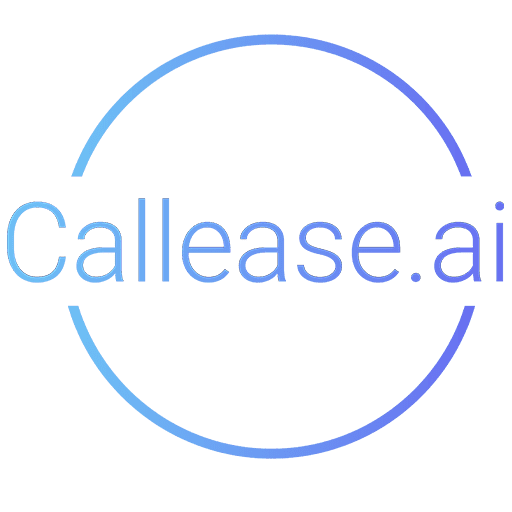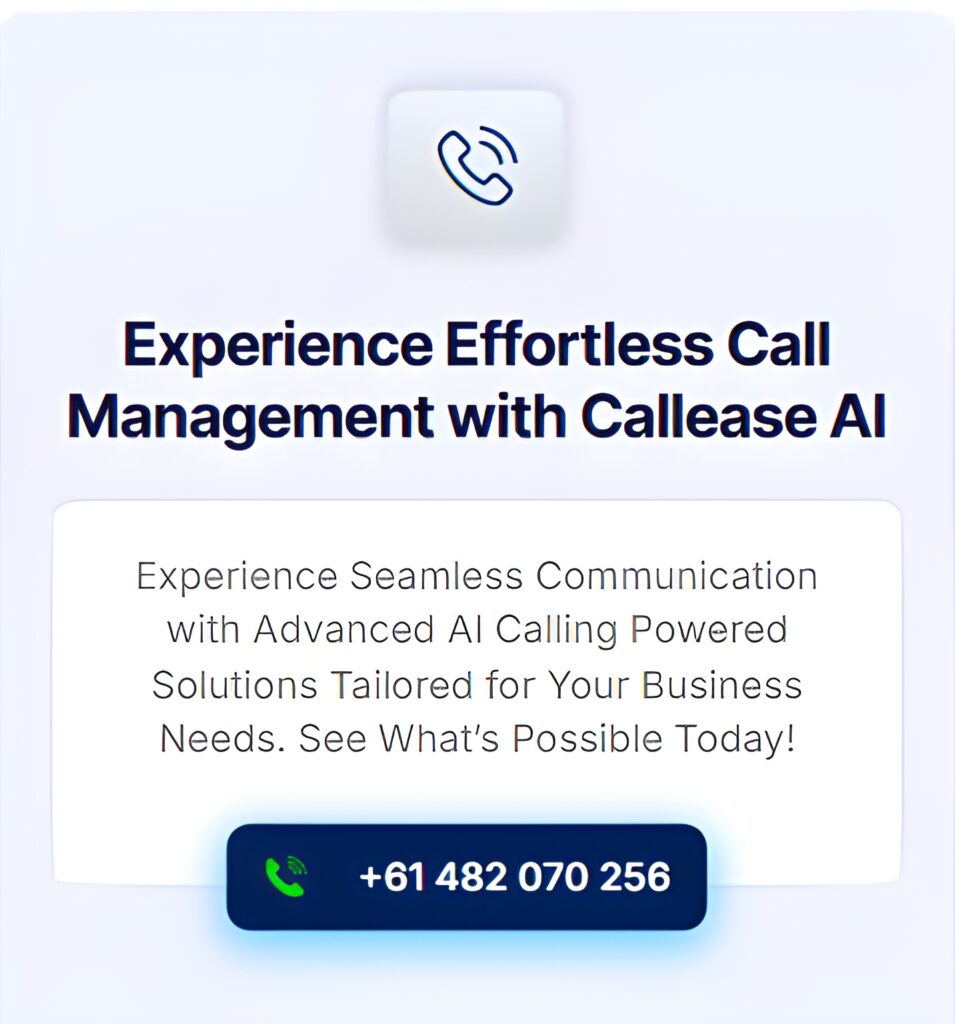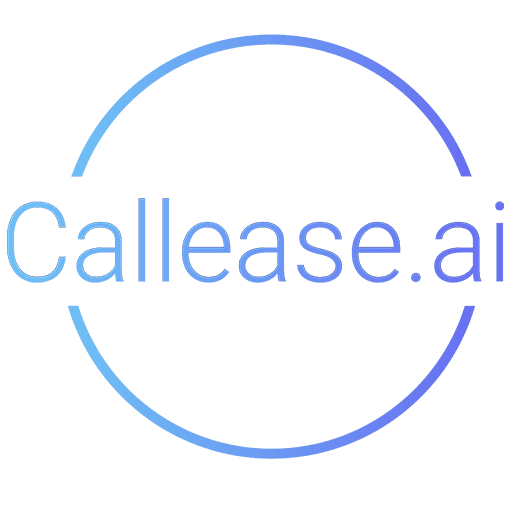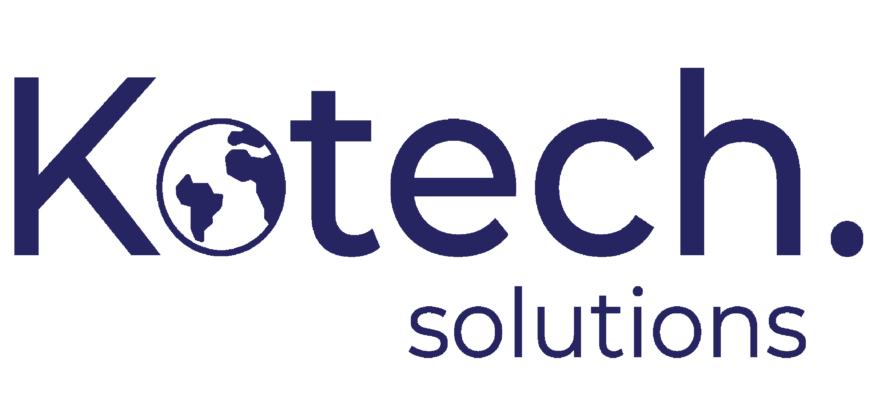Reaching customers effectively is critical in e-commerce. However, businesses struggle with balancing efficiency, cost, and customer engagement while maintaining a seamless experience. In contrast, traditional outreach methods—manual calls, emails, and live chats—often fall short due to delays, human error, and inconsistent follow-ups.
This is where AI-powered solutions bring real change. Indeed, AI calls are transforming sales processes and customer interactions, offering speed, accuracy, and a data-driven approach that helps e-commerce businesses boost productivity while also streamlining operations.Here’s a closer look at why AI calls outperform traditional outreach and how adopting AI tools can enhance customer interactions and improve business performance.1. Instant Engagement Without Delays
Traditional outreach methods are often slow, inefficient, and heavily reliant on human availability. Sales teams can only handle a limited call volume, leading to long wait times, missed leads, and poor customer satisfaction scores. Businesses struggle to keep up with growing customer demands, resulting in manual processes that slow down engagement.
With AI-powered solutions, businesses can completely change the way they handle outreach. AI calling for e-commerce removes human dependency, offering instant access to customers and responding immediately based on customer behavior.How AI Calls for e-commerce Create Instant Engagement:
- No Waiting Time – AI calls eliminate queues. When a customer submits an inquiry, an AI-powered assistant reaches out immediately, ensuring no lead is lost due to response delays.
- Real-Time Triggers – AI uses predictive insights and data-driven decision making to initiate calls at the right moment based on user actions, improving conversion rates.
- Context-Aware Responses – AI tools understand the context of customer inquiries, offering personalized interactions that enhance customer engagement.
- Scalability Without Human Limits – AI calls handle high call volumes without requiring extra staff, improving operational efficiency and reducing costs.
2. 24/7 Availability with AI-Powered Calls
One of the biggest weaknesses of traditional sales processes is that human agents are limited by office hours, breaks, and time zones. Businesses struggle to maintain consistent outreach, which leads to missed opportunities and decreased customer engagement.
With AI-powered calling solutions, companies can operate around the clock, ensuring that customers receive assistance whenever they need it. As a result, AI models offer seamless 24/7 outreach, guaranteeing that no lead is ignored due to time constraints.Why AI Calls Give Businesses a Competitive Edge:
- Always Available – AI does not need breaks, ensuring instant access to information for customers at any time.
- Global Scalability – Businesses operating internationally can use AI to overcome time-zone limitations, making customer interactions smoother and more responsive.
- AI-Driven Follow-Ups – AI-powered CRM systems keep track of inquiries and automatically follow up with potential customers, improving conversion rates.
- Reduced Workload for Human Agents – Automating routine tasks means that human teams can focus on complex customer interactions, increasing sales productivity and efficiency.
By offering round-the-clock support, AI calling helps businesses stay ahead of their competition while significantly improving business performance.

3. Personalised Interactions at Scale
Traditional outreach methods often fail to deliver personalized customer interactions due to the high call volume businesses face. Agents follow generic scripts, leading to impersonal and ineffective customer interactions. Many businesses struggle to fine-tune their communication strategies, resulting in lost leads and poor business outcomes.
AI-powered conversational AI for e-commerce changes this by using natural language processing (NLP) and context-aware responses to adapt conversations in real time, providing a personalized customer experience.How AI Delivers Scalable Personalisation:
- Customer Preferences & Historical Data – AI calls analyze customer data, including past purchases and inquiries, to tailor personalized interactions.
- Dynamic Scripting & AI-Driven Insights – AI personalizes responses instead of relying on rigid, generic scripts, making customer interactions more meaningful.
- Predictive Analytics for Better Outreach – AI predicts trends and adapts conversations based on customer behavior, improving conversion rates.
- Automating Routine Tasks – AI handles repetitive tasks, allowing businesses to personalize outreach without adding more workload to sales teams.
The Business Value of AI Personalisation:
- Improves Customer Satisfaction – When customers receive relevant, personalized responses, they feel valued, leading to better customer satisfaction scores.
- Boosts Sales Productivity – AI frees up human agents by automating repetitive tasks, allowing sales teams to focus on high-value interactions.
- Increases Engagement & Retention – AI calls improve customer engagement by delivering detailed responses tailored to user behavior.
4. Higher Call Completion & Customer Engagement
Many businesses struggle to get responses from traditional sales processes. Cold calls often go unanswered, emails get ignored, and generic messages fail to capture interest. This results in low customer engagement and missed opportunities for e-commerce businesses.
AI-powered conversational AI for e-commerce changes the game by using ai-driven insights to optimize outreach. AI tools understand user behavior and tailor call strategies accordingly, significantly improving call completion rates and customer satisfaction scores.AI’s Edge Over Traditional Outreach:
- Understands Customer Behavior – AI analyzes customer data and detects patterns to adjust call volume and timing for better engagement.
- Automated Calls at Peak Engagement Times – AI ensures calls are placed when customers are most active, improving conversion rates and user engagement.
- Predictive Insights for Better Timing – AI-powered predictive analytics optimize outreach by determining the best time to contact customers, ensuring instant access to leads.
- Context-Aware Responses – AI adapts conversations dynamically, delivering personalized interactions instead of generic sales scripts.
How This Impacts Business Performance:
- Boosts Response Rates – AI calls generate higher customer engagement by reaching out at optimal times with detailed responses.
- Improves Customer Satisfaction – When outreach is personalized and context-aware, it increases customer satisfaction scores and builds trust.
- Competitive Advantage – AI calling gives businesses an edge over competitors by ensuring higher call completion rates and stronger customer interactions.
5. Automating Routine & Repetitive Tasks
Traditional outreach teams spend a significant amount of time handling repetitive tasks like confirming orders, scheduling callbacks, answering FAQs, and managing inquiries. This results in high operational costs and reduced efficiency.
With AI-powered automation, businesses can automate routine tasks, allowing human agents to focus on more complex customer interactions that require human expertise.Key Benefits of AI Automation:
- Reduces Time Spent on Low-Impact Tasks – AI automates routine tasks like appointment scheduling, order confirmations, and customer inquiries.
- Ensures Instant Access to Information – Customers receive detailed responses instantly, without waiting for a human agent.
- AI Personalises Interactions While Reducing Workload – AI uses natural language processing to deliver personalized responses while decreasing manual effort.
- Handles High Call Volume Effortlessly – AI can process thousands of calls without delays, improving operational efficiency and cost savings.
The Business Value of AI Automation:
- Boosts Productivity – Automating repetitive tasks allows teams to focus on high-value work, improving business outcomes.
- Improves Customer Experience – AI ensures seamless and instant customer interactions, leading to higher customer satisfaction scores.
- Cost-Effectiveness – Automating routine processes reduces labor costs, making outreach more cost-effective.

6. Data-Driven Decision Making & Predictive Analytics
Traditional outreach often relies on human expertise, which can be subjective and inconsistent. Businesses that depend solely on manual insights struggle to optimize their sales operations, leading to missed opportunities and inefficient sales processes.
AI calls, however, leverage predictive analytics and data-driven insights to refine outreach strategies, optimize customer interactions, and improve business outcomes.How AI Uses Data for Smarter Outreach:
- Analyzes Performance Data – AI collects data-driven insights from past calls to identify trends and predict customer behavior.
- Real-Time Script Adaptation – AI-powered conversational AI for the travel industry or e-commerce dynamically adjusts call scripts based on customer engagement and historical data.
- Delivers Actionable Insights – AI provides business leaders with deep insights into sales productivity, conversion rates, and customer satisfaction.
The Business Value of AI-Driven Insights:
- Optimizes Outreach Strategies – AI helps businesses fine-tune their sales processes by identifying what works and what doesn’t.
- Reduces Wasted Effort – Businesses no longer rely on guesswork. Instead, AI uses data-driven decision making to prioritize high-value leads.
- Boosts Conversion Rates – AI calls target the right customers at the right time, improving customer engagement and business performance.
7. CRM Integration & Seamless Data Collection
Managing customer interactions manually can be time-consuming, error-prone, and inefficient. Traditional sales processes require agents to update customer records manually, often leading to data inconsistencies and missed follow-ups. AI-powered CRM systems automate this process, ensuring that every customer inquiry, purchase, and preference is recorded in real-time.
Why CRM Integration Matters:
- Real-Time Data Collection – AI ensures that customer data is captured and updated instantly, eliminating the need for manual input.
- Data Security & Accuracy – By automating routine tasks, AI reduces the risk of human error, improving data security and ensuring compliance with privacy regulations.
- AI Insights for Smarter Decisions – AI-driven predictive analytics analyze historical customer data to offer actionable insights that improve business outcomes.
- Seamless Synchronization with CRM Systems – AI integrates with existing CRM systems, allowing businesses to manage leads, track conversations, and optimize customer engagement without disrupting workflows.
How This Benefits Business Leaders:
- Automates Repetitive Tasks – AI removes the need for agents to manually enter customer records, freeing up time for more personalized interactions.
- Improves Business Performance – AI-powered data collection allows business leaders to make data-driven decisions that enhance customer experience and conversion rates.
- Ensures Compliance & Transparency – By automating data security measures, AI maintains transparency and ensures that businesses comply with industry regulations.
8. Sentiment Analysis & Context-Aware Responses
One of the biggest challenges in traditional customer interactions is understanding customer sentiment during conversations. Human agents may struggle to detect tone and intent accurately, leading to missed opportunities or miscommunication.
AI-powered sentiment analysis changes the game by using natural language processing (NLP) to analyze customer behavior in real-time, delivering context-aware responses that improve customer engagement and customer satisfaction scores.How AI Enhances Conversations:
- Detects Customer Behavior & Tone – AI uses sentiment analysis to interpret customer preferences, helping businesses tailor their messaging accordingly.
- Provides Context-Aware Responses – Unlike traditional outreach, AI understands the conversation context, ensuring personalized responses that feel natural and relevant.
- Adjusts in Real-Time – AI-powered calls adapt their tone and AI-driven insights based on how customers react, leading to more effective customer interactions.
Why This Matters for Business Leaders:
- Boosts Customer Satisfaction – AI calls are AI-driven insights that provide personalized interactions, improving customer satisfaction scores.
- Enhances Customer Engagement – AI-powered conversational AI for the travel and hospitality industry ensures that every conversation is tailored to individual user behavior.
- Refines Outreach Strategies – By analyzing customer sentiment, businesses can fine-tune their sales processes to match customer needs.
9. Cost-Effectiveness & Scalability
Scaling a traditional sales operation requires significant investment in hiring, training, and managing additional customer support agents. This increases overhead costs and limits a company’s ability to scale efficiently.
AI-powered platforms eliminate these bottlenecks by automating routine tasks, allowing businesses to handle thousands of calls simultaneously without increasing staffing costs.Key Benefits of AI Scalability:
- Reduces Operational Costs – AI-powered automation lowers expenses by handling repetitive tasks without additional labor costs.
- Increases Sales Productivity – AI streamlines sales operations, allowing businesses to reach more customers without expanding their workforce.
- Supports High Call Volume – AI ensures instant access to leads and provides detailed responses, improving conversion rates and customer engagement.
- Optimizes Performance Data – AI collects performance data, allowing businesses to analyze call efficiency, refine sales processes, and maximize business outcomes.
Why Medium-Sized Businesses Benefit the Most:
- Enables a Smooth Transition to AI-Powered Outreach – Companies can adopt AI without overhauling their entire system.
- Delivers a Competitive Advantage – AI-powered conversational AI for the hospitality industry allows businesses to stay ahead without the burden of additional hiring.
- Supports Business Growth Without Increasing Costs – AI helps businesses scale efficiently by automating manual processes and repetitive tasks.
Final Thoughts: Why AI Calls Are the Future of E-Commerce Outreach
AI-powered calls are changing the way businesses interact with customers. By automating repetitive tasks, improving customer engagement, and ensuring data-driven decision making, AI creates a seamless, efficient, and cost-effective outreach process.
If you’re still relying on manual processes, it’s time to rethink your approach. AI-powered solutions are no longer an option—they are the future of customer interactions in e-commerce.






